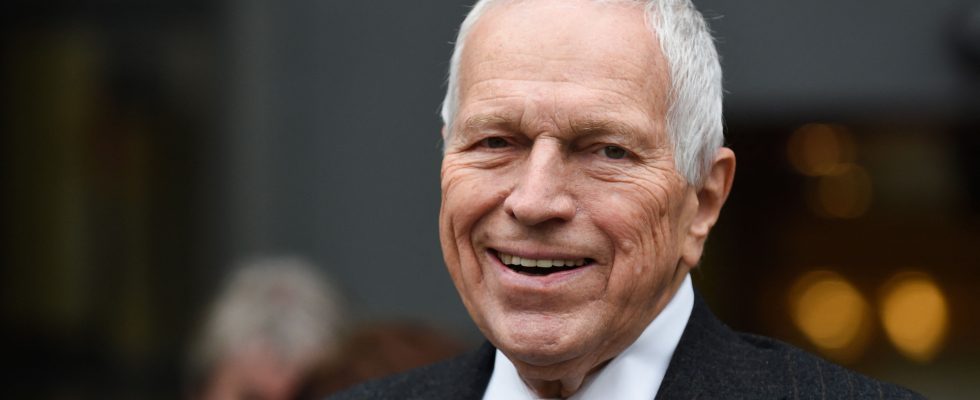If you had to make the difficult choice to read only one economics book for the whole year, that of Edmund Phelps, My journey in economic theories, has every reason to make it to the top of the list. First, because the author is one of the giants of 20th century economics. The equal of the greatest, John Maynard Keynes or Joseph Schumpeter, to whom he decided to hold the dragee high by deepening, even contesting, their work, whether it is training, salaries, justice tax, public debt, savings or innovation.
With, as a result, new theories that have opened up multiple avenues of fruitful research for several generations of economists. Bill Clinton’s former Treasury Secretary, Larry Summers, thus portrays Phelps as “a Renaissance scholar. He has been producing new, luminous, and fundamental ideas for sixty years.”
His theories, precisely, whose genesis the book recounts since the 1960s, provide powerful answers to all the questions that make up the great debates of today. Is excess public debt a problem? Yes, replies the 2006 Nobel Prize winner, insofar as this debt increases the country’s wealth but diverts savings from investment, which weakens productive capital, slows wage growth and drives up real interest rates. . What are the springs of innovation? The desire that people have, assures the founder of the Capitalism and Society center at Columbia University (United States), to make use of their creativity, whatever their level of education and their place in society. Creativity that arises from a set of values stimulating the will to explore the unknown and to try new experiences.
Behind the scenes of the temples of economics
It is this spirit that public policies must above all defend. An innovative economy, which is not unfair insofar as it benefits everyone by multiplying rewarding jobs. And Edmund Phelps concludes: “A morally acceptable economy must have enough dynamism to make work fully attractive and remunerative; but also enough justice, if dynamism is not enough, to guarantee broad inclusion.”
During his intellectual peregrinations, this great academic also takes us behind the scenes of the temples of world economics: the Massachusetts Institute of Technology, the Wharton School of the University of Pennsylvania, the London School of Economics, Stanford universities, Columbia or New York. He knows how to tell with simplicity and humor his daily life as a teacher, hides nothing of his greatness and his ingratitude, nor of the encounters that mark a life: John Rawls, Paul Samuelson, Amartya Sen or Paul Volcker. A book for history.
My journey in economic theories
By Edmund Phelps.
Odile Jacob, 297 p., 28.90 euros
4 stars
